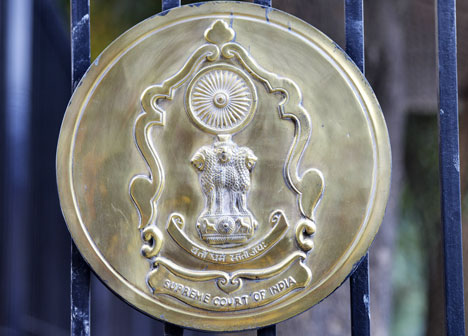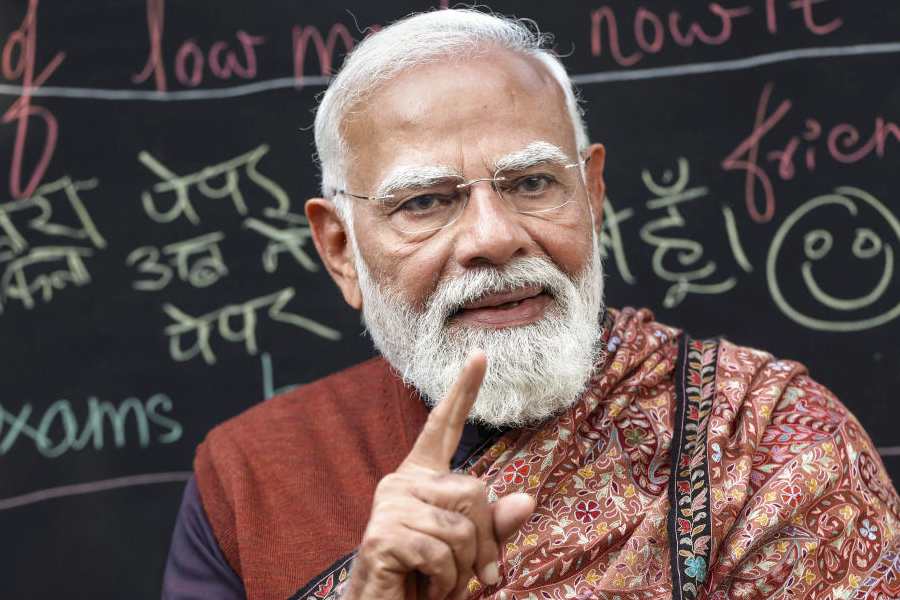
The Supreme Court judgment is a landmark one in acknowledging the freedom of choice towards life-supporting treatment towards the end of life.
The judgment unequivocally declares the right to die in dignity as a part of Article 21 ( Right to life). In a departure from the Aruna Shanbaug judgment, it interprets this right as not needing a separate legislation. It also thus disagrees with the Law Commission reports that had declared the advance directive as legally invalid.
The judgment is a natural corollary to declaration of the right to privacy as an independent fundamental right by a previous constitutional bench in 2017.
The petition was filed by an NGO Common Cause in 2005. I had impleaded in this case on behalf of the Indian Society of Critical Care Medicine (ISCCM). To me personally, and to my colleagues in intensive care, palliative care (IAPC) and neurology(IAN) and legal experts (DSK Legal) (as a part of an advocacy group End of Life care India Task force (ELICIT)), it was a moment of vindication of our campaign to restore and respect our individual freedoms.
The Supreme Court has recently delivered two progressive judgments that restore fundamental rights that would go a long way in humanising healthcare: the privacy judgment last year and this one on advance will and passive euthanasia.
Respect to autonomy is a fundamental principle in medical practice in the world. It is the basis for an advance will which, in the words of the bench, "is an individual's advance exercise of his autonomy on the subject of the extent of medical intervention that he wishes to allow upon his own body at a future date, when he may not be in a position to specify his wishes". Thus it is designed to become operational only when the decision-making capacity is lost.
The medical profession has been seeking decriminalisation of the appropriate decisions to withhold or withdraw life-supporting interventions. Otherwise, there would be an enormous avoidable suffering to the patient and emotional and financial drain on the family.
Additionally, the judgment endorses the legality of appropriate "passive euthanasia" by which it means non-voluntary treatment refusal decisions of the incompetent patient are made by physicians in the "best interests" along with the proxy or next of kin.
The provisions are mandatory to ensure humane care of the dying, restoring their dignity and meaningfulness in the dying process. Such a process has been advocated by critical care and palliative care professionals in their landmark ethical position statement termed as "End of life Care Policy: An Integrated Care Plan for the Dying".
Having laid a robust constitutional foundation for the humane care of the dying, the judgment has recommended a complicated procedure for implementation. While it does away with the mandatory high court validation, it has interposed the need for the jurisdictional judicial magistrate of first class (JMFC) so designated by the district judge concerned for both registering and executing the decisions on the advance directive and passive euthanasia.
In a day-to-day decision making, these requirements are going to lead to prolonged agony for terminally ill patients and their families.
Another major drawback of the judgment is its usage of outdated and ambiguous terminology for treatment withholding and withdrawal. These are to be standardised in accordance with the forthcoming ICMR document on "definition of terms used in limitation of treatment and providing palliative care at end of life".
The success of this judgment would be based on its accessibility to the large number of terminally ill patients facing the gloomy prospect of a prolonged and painful dying process. While safeguards are important, one should not render the implementation too difficult.
• Dr R.K. Mani is the group CEO and chairman, critical care and pulmonology, Nayati Group of Hospitals, Mathura, Agra and Amritsar. He has been part of the nationwide campaign for an end to the regulatory and legal vacuum on end-of-life care issues










